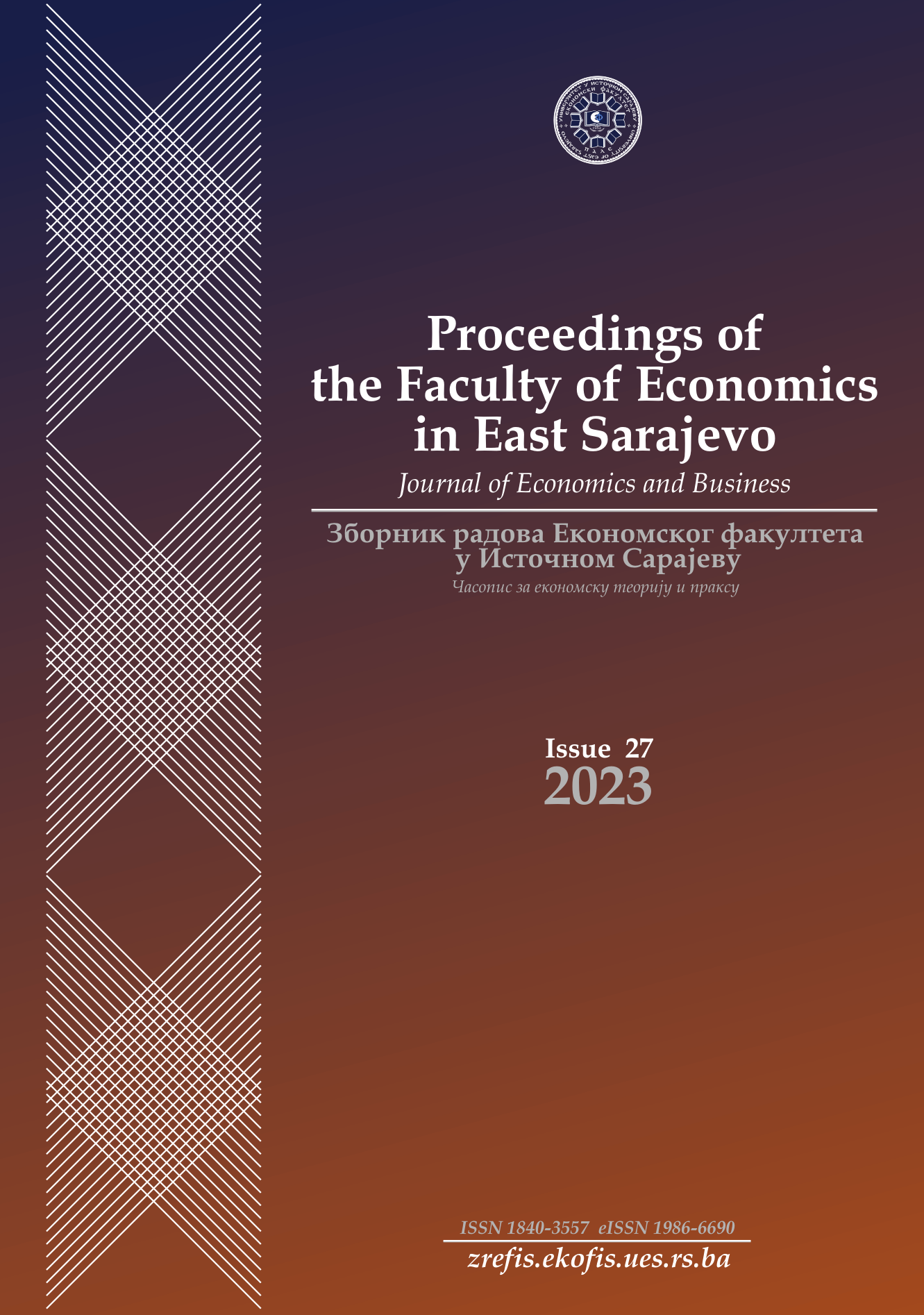THE INFLUENCE OF COLONIALISM ON THE ECONOMIC DEVELOPMENT OF THE NEWLY INDUSTRIALIZED ASIAN COUNTRIES
DOI:
https://doi.org/10.7251/ZREFIS2327071GAbstract
Since the 1980s, a widespread view has arisen in the literature that the economic success, known as the Economic Miracle, of Taiwan and the Republic of Korea since the 1960s has been due, in part at least, to the legacy of Japanese colonialism, but also that the region of East/Southeast Asia was generally more fortunate than other colonized countries, because especially Japanese, even Dutch and American, and British colonialism were more or less developmental. That is, they laid the foundations for the future growth and development of the newly industrialized Asian countries. This paper attempts to determine the actual extent of the contribution of each, comparing the Japanese economic achievements in both Taiwan and Korea with those of (primarily) the Dutch, then Americans, British, Spanish and Portuguese in their East/Southeast Asian colonies. The paper examines the record of economic growth, development of agriculture and industry, infrastructure and all structural changes across the colonies and dependent territories. It also discusses policies related to government revenue and expenditure, and trade. The paper also looks at some nonmonetary indicators related to living standards, including education. The main conclusion is that the facts do not wholly support the case of Japanese developmental colonialism but that there are drastic differences in the colonial legacy among the colonizing countries of the East/Southeast Asian region. Also, what is indisputable is that every colonizer, including Japan, primarily thought about their interests and not about the development interests of their colony.

